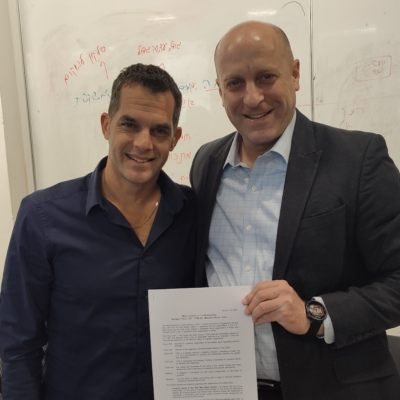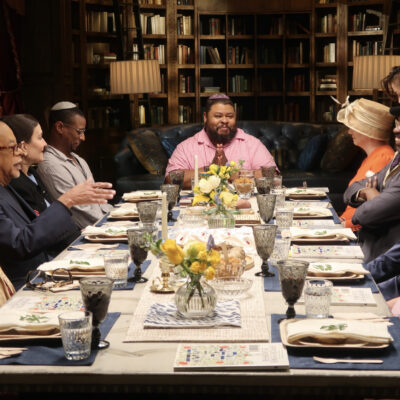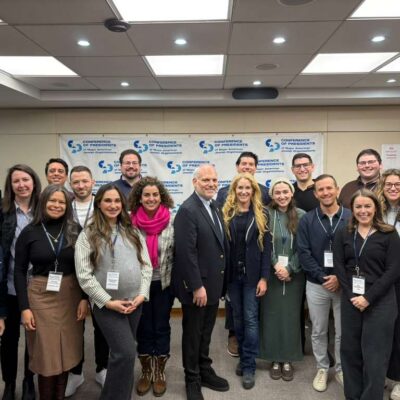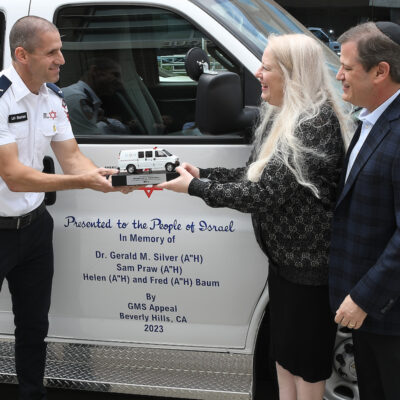SUPERvision: The Case for Teaching and Learning
 By Pearl Lerner Kane
By Pearl Lerner Kane
There he is just last month, as he always is remembered, sitting across from me, asking me to consider the answer to a deep query. This time we are having lunch and he has recently turned eighty-nine years old. He, Jerry Witkovsky, retired General Director of the Jewish Community Centers of Chicago, was my first boss, my first mentor, my first teacher in the world of work.
He challenges me still. Our old patterns of back and forth emerge like Socrates or Hillel with a willing pupil. I wonder how many people are as lucky as I am to continue to have this kind of precious relationship after so many years.
Decades ago, there was a deep commitment to the art and science of supervision. Drawn and developed from the annals of social work schools and administrative management practice, an employee in a social sector organization could expect to have a private meeting with their supervisor at least once per week, with the door closed – precious, non-negotiable time. The expectations were clear – the employee could expect to be challenged, to problem-solve and most of all, to change over time. The annual employee evaluation had one critical hurtle to overcome … and was answered by one key questions…”was there growth?” If evidence of growth – meaning success had been seen in a variety of key components – then both supervisor and supervisee felt their supervisory relationship bred value for the organization as a whole.
Organizations today structure themselves around temporary work teams with more improvisation and flexibility. It’s a fast-paced world where communications are across multiple channels. People need to be quickly adaptive and operate interdependently. In the centralized, top-down organization where dependencies were valued and valuable for hierarchal leadership, individualized supervision was a necessity and a given – and a gift. Now it has become optional.
Can we get back to where we once belonged? Just enough so our current workforce can have the right to teaching and learning from experienced professionals? I wish for everyone to be sitting across from their mentor someday and continue the conversation of a lifetime.
Consider…
- Meeting with each of your direct reports alone on a consistent, regularly scheduled basis.
- Submitting an agenda to each other before you meet.
- Picking the dialogue up where you left off and connecting issues, meeting to meeting.
- Documenting your ongoing issues and monitor change and growth.
- Insisting that your direct report consider solutions while citing problems.
- Teaching by example … sharing your own history appropriately.
- Learn together by reading an article, a research document or case history in your field of practice.
- Celebrating successes and learning from mistakes.
I often find in my work as a consultant that the most valuable part of the relationship tends to be the time I spend alone with members of the organizational team. People clamor for the opportunity to be heard one on one – to ask what they think are crazy questions, to check their pulse and perspective and to gain competency over issues. Because I was the student for so many years with my wonderful mentor, I am thrilled to give back what was given to me.
Let’s not render supervision a lost art, because we don’t have time. Most of us are sponges and want to absorb all we can learn. This week, every boss out there, try being a mentor, call a meeting, close the door, turn off your phones and teach and learn together.
Pearl Lerner Kane, MSW is the president of PLK Consulting Group, has over three decades of experience in the nonprofit business field – planning, growing boards, financial resource development and coaching. You can contact Pearl at: pearl@plkconsulting.com

 Add EJP on Google
Add EJP on Google









